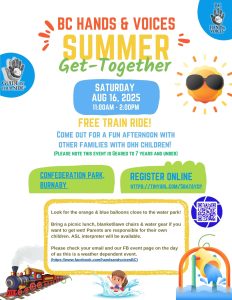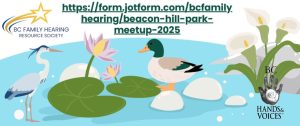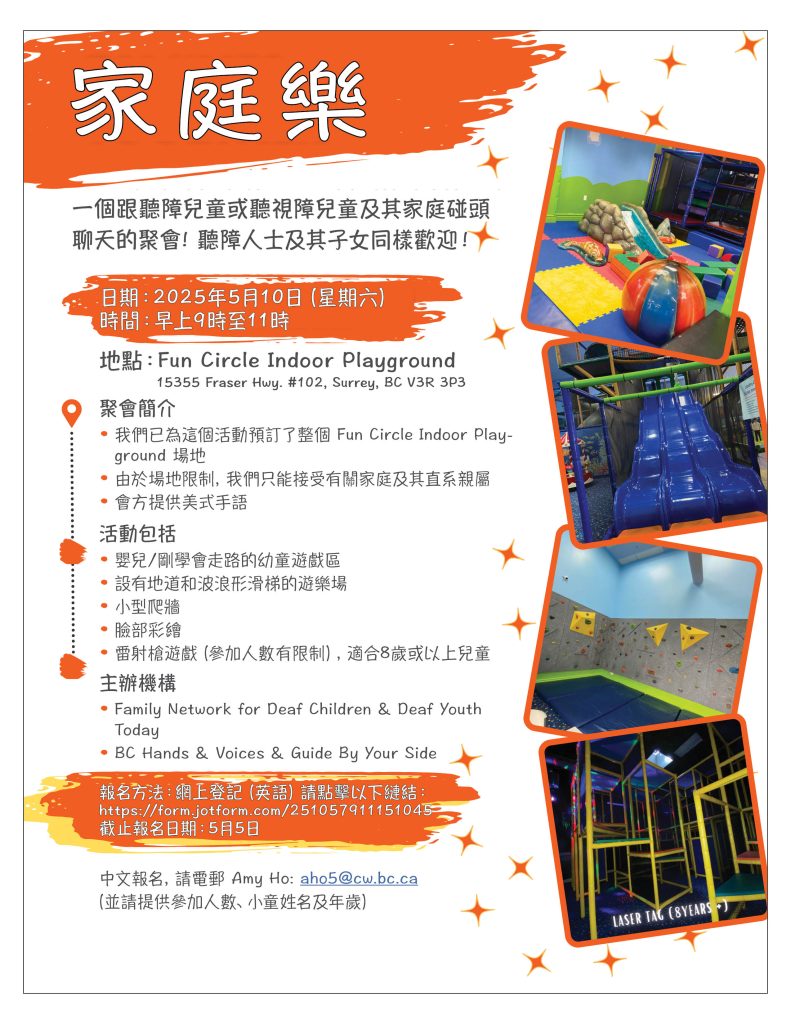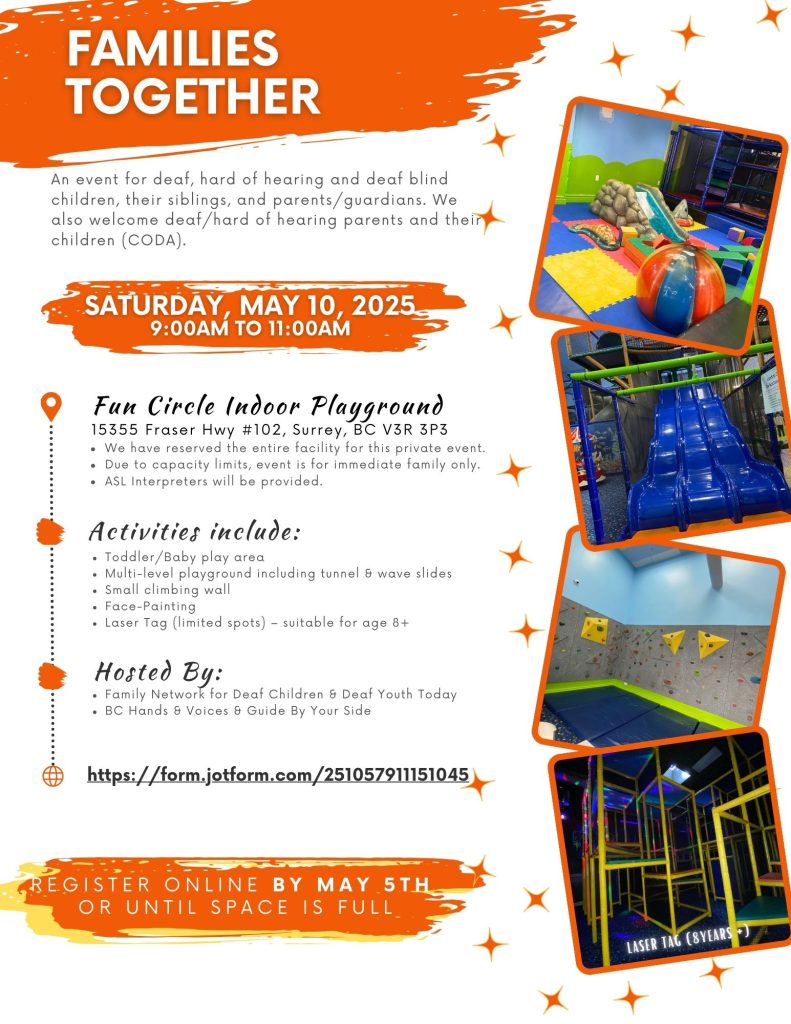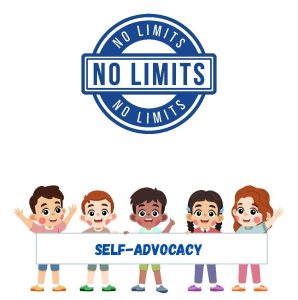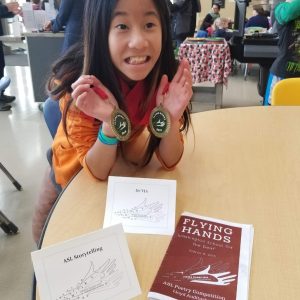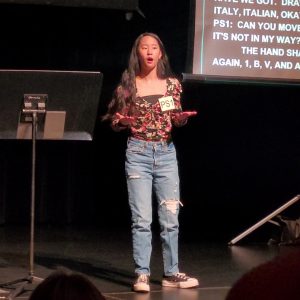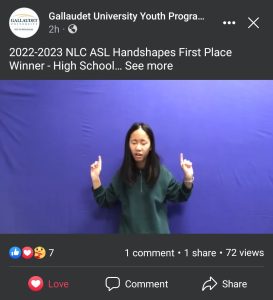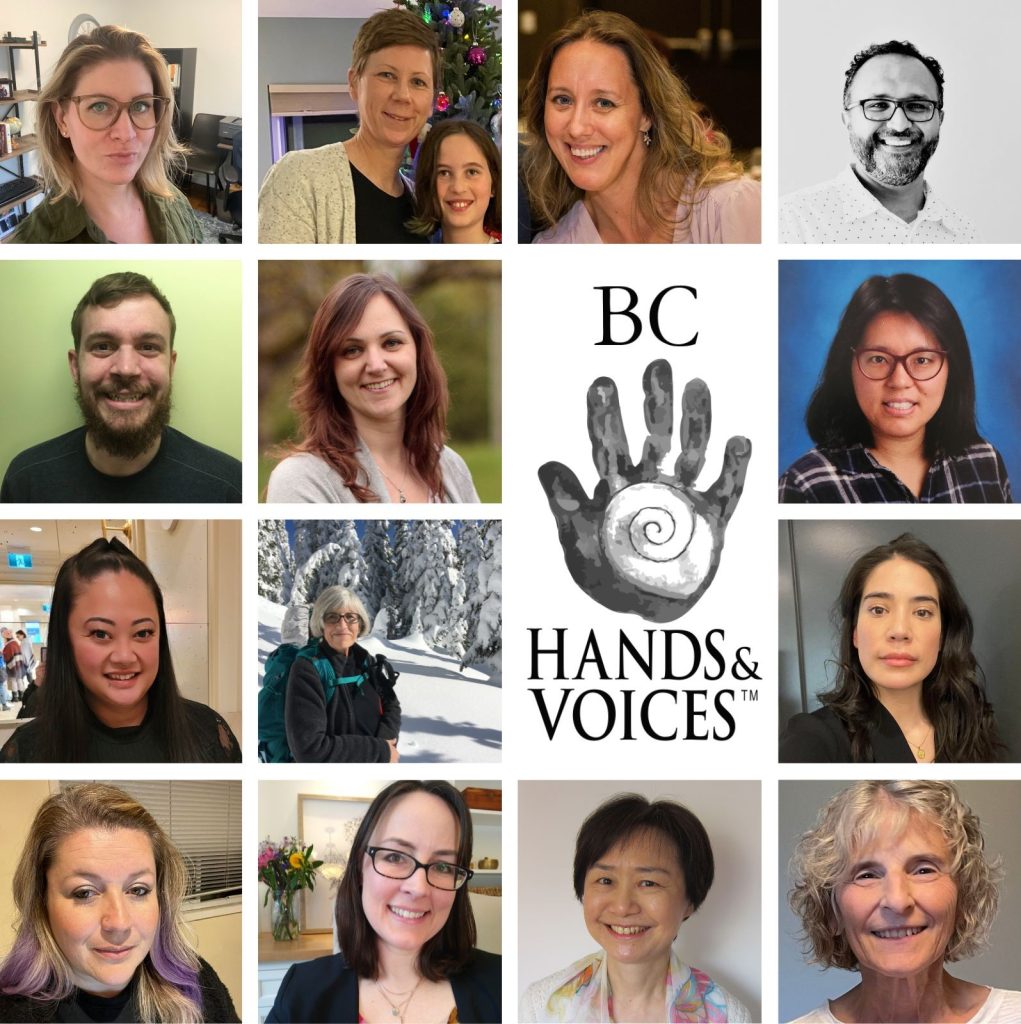By Sarah Francescutti
Empathy and emotional awareness are essential skills for social interactions, helping children form meaningful connections and navigate relationships. However, for children who are deaf and hard of hearing, developing these skills can take longer. Because they may miss subtle auditory cues like tone of voice or background conversations, understanding others’ emotions and perspectives requires extra support.
As a parent of a four-year-old daughter with bilateral differing hearing levels, I am learning to navigate these challenges while embracing the joys of her journey. When I attended the Hands & Voices conference in September 2024, one session deeply resonated with me: the importance of intentionally fostering empathy and perspective-taking in children with hearing differences. Since these skills are foundational for building strong, healthy relationships, I’ve been exploring ways to help my daughter develop them effectively.
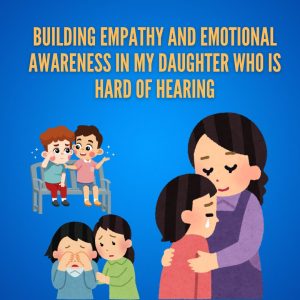
Inspired by the insights shared at the conference, I’ve been actively incorporating strategies into our daily life to help my daughter better understand her emotions and those of others. Here are some approaches that have worked for us:
1. Exploring Emotions Through Storybooks
Books are a wonderful gateway to emotions and perspective-taking. As we read together, I ask her questions like, “How do you think this character feels?” or “Why do you think they are sad/happy/angry?” By connecting her to the characters’ experiences, she’s learning to recognize and label emotions in herself and others. This enhances her empathy and deepens her engagement with the stories.
2. Naming and Expanding Emotional Vocabulary
When my daughter is upset, we use it as an opportunity to explore her feelings. At this stage, she’s mostly using broad categories like “happy,” “mad” or “sad,” but we’ve started breaking these down into more nuanced emotions like excitement, disappointment, frustration, scared or feeling left out. The goal is to equip her with the language to express herself more fully, which, in turn, helps her better understand what others might be feeling too.
3. Reflecting on Social Interactions
Everyday interactions provide valuable teaching moments. For instance, if she shares a toy with a friend or offers comfort when someone is hurt, we discuss how her actions might have made the other person feel. Conversely, if she takes something without asking or behaves in a way that affects others, we talk about those feelings too. These discussions are helping her connect her actions to their impact on others, fostering a deeper sense of social awareness.
4. Using Visual Tools to Explore Emotions
Visual aids can be incredibly effective in teaching emotional awareness. Tools like an emotion wheel, which lists simple to complex emotions, can help her identify and understand a wider range of feelings. Additionally, pictures of faces showing various emotions—whether photos or cartoon representations—offer a tangible way for her to see what different emotions look like. These tools provide a visual and interactive way for her to build a stronger connection between words, expressions, and feelings.
Why This Matters
Helping my daughter build a broader understanding of emotions—both her own and others’—is about more than just teaching empathy. It’s about giving her tools to navigate relationships, resolve conflicts, and build meaningful connections. As she grows, I hope these skills will empower her to thrive in a world that can sometimes feel overwhelming or isolating.
A Journey Worth Taking
Parenting a deaf/hard of hearing child is a journey filled with learning, growth, and moments of profound connection. While these strategies may take time and patience, the impacts are worth it. Every effort we make to nurture empathy and emotional awareness in our children paves the way for a brighter, more compassionate future.

